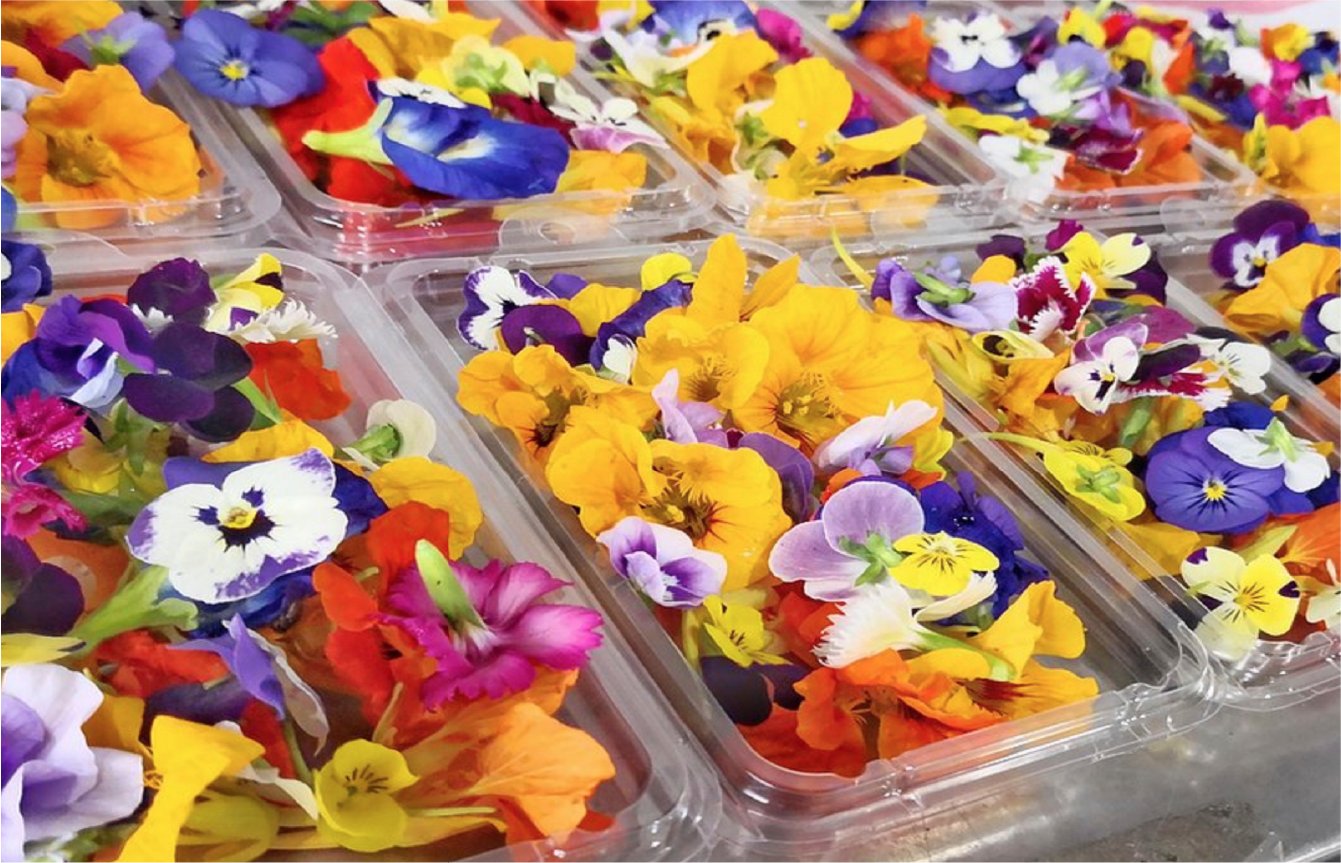Edible Flowers; Varieties, How to Use Them and Where To Buy Edible Flowers in Canada
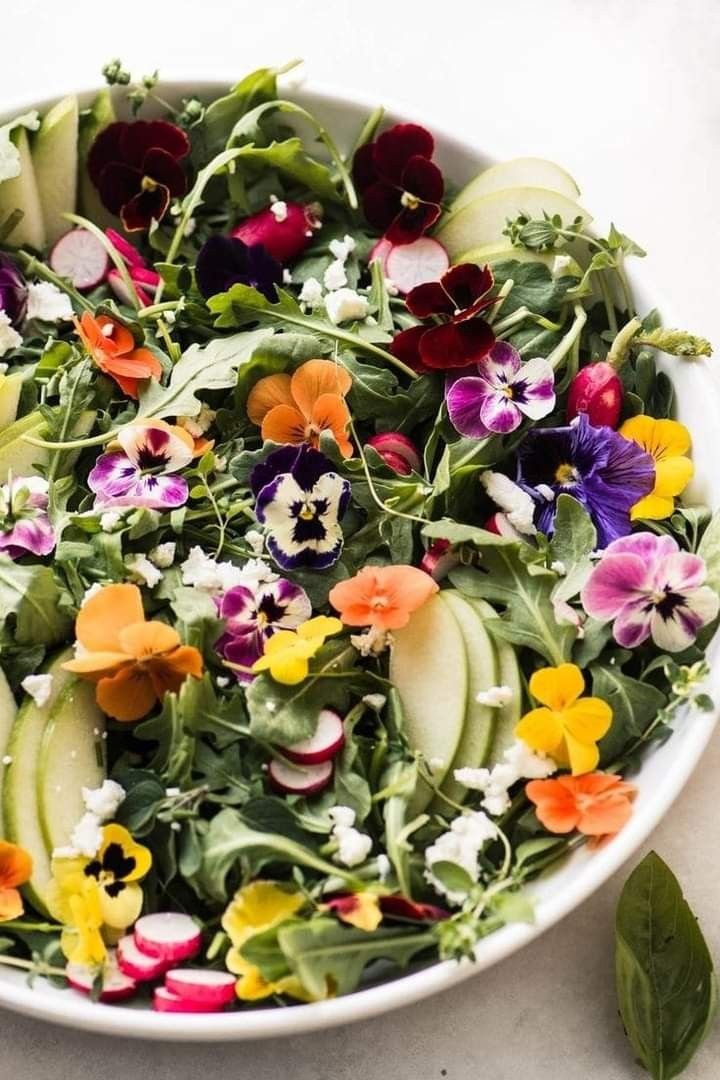
In the midst of a bustling kitchen, where the aroma of freshly baked bread merged with the fragrance of simmering sauces, there was a basket of colourful flowers. Each petal was a promise of culinary delight, not merely for decoration but as ingredients carefully selected for their flavours and textures. Welcome to the fascinating world of edible flowers.
Floral Revival
In recent years, the use of edible flowers in cooking and baking has experienced a revival, capturing the attention of chefs and home cooks alike with their delicate beauty and subtle flavors. These floral gems have made their way into everyday kitchens, turning ordinary dishes into extraordinary culinary creations.
Finding Inspiration
Imagine browsing through a cookbook that features images of decadent cakes adorned with delicate rose petals, salads decorated with vivid nasturtium blossoms, and cocktails garnished with fragrant lavender sprigs. Find inspiration by scrolling through Pinterest boards filled with stunning photos of floral-infused desserts and savory dishes, each one a testament to the endless possibilities that edible flowers offer.
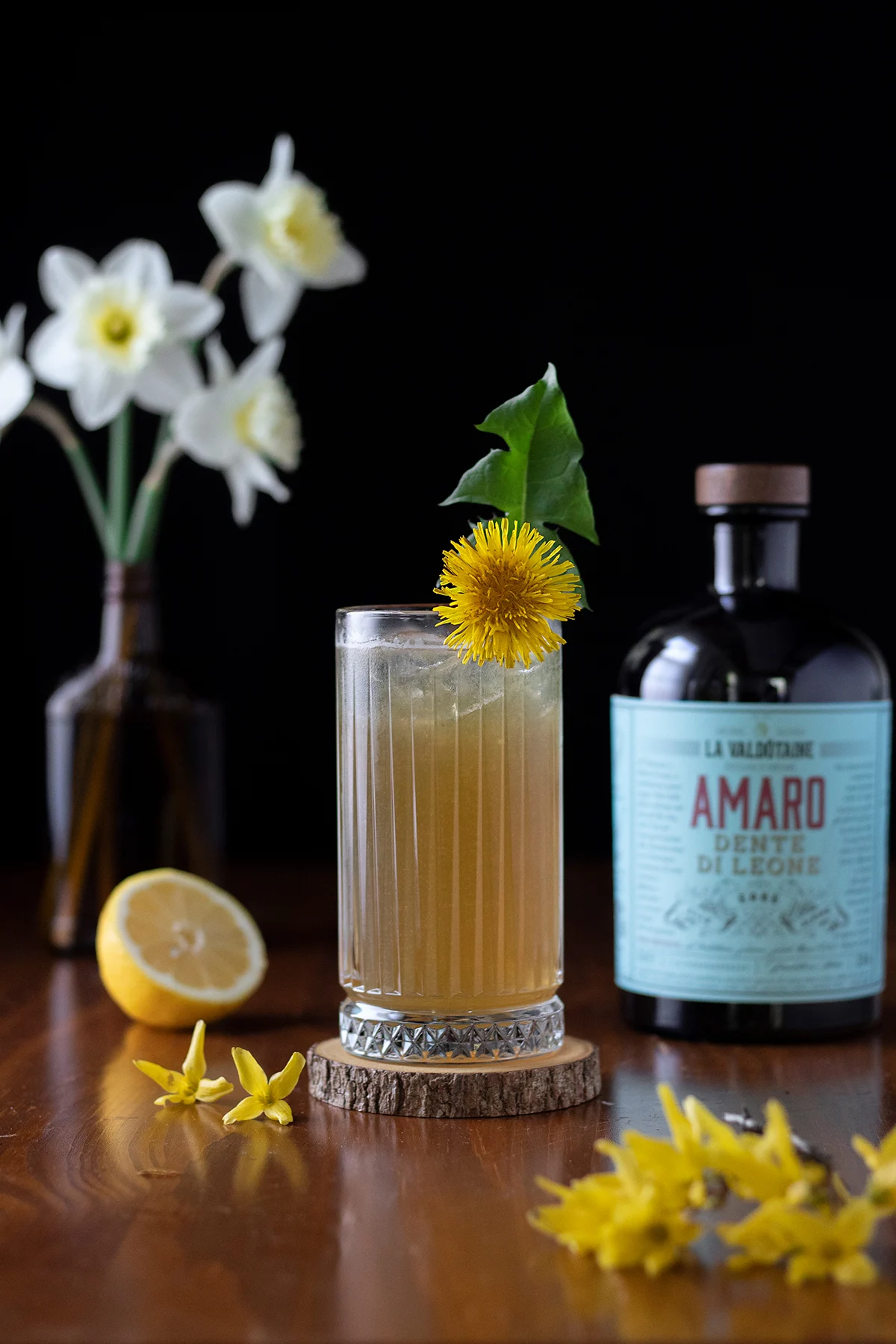
Photo & recipe by The Moody Mixologist
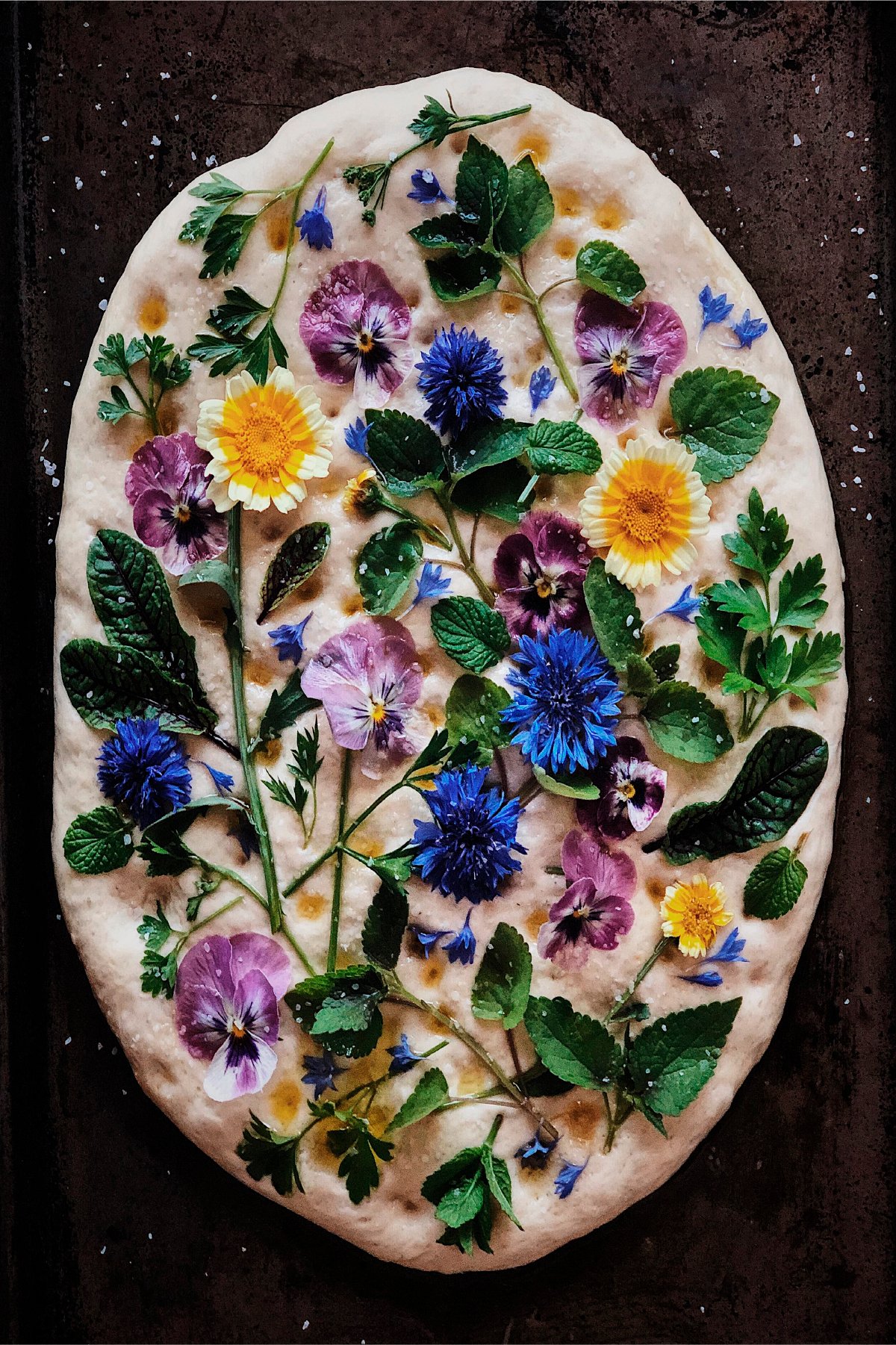
Photo & recipe by Lilly Morello

Creamy Lemon Cheesecake with Vanilla Wafer Crust & Edible Flowers by Boulder Locavore
Commonly Used Edible Flowers
Calendula and lavender are among the most commonly used edible flowers in culinary pursuits. Calendula is known for its slightly tangy, spicy flavor and vibrant orange hues, while lavender’s sweet, floral notes lend a subtle elegance to both sweet and savory dishes. Roses, with their intoxicating aroma, are also used in jams, syrups, and delicate confections to add a romantic touch to any meal.
But it’s not just about taste; the visual appeal of edible flowers cannot be overstated. Their vivid colors and intricate shapes can elevate even the simplest of dishes, turning them into works of art worthy of a spot on your Instagram feed.
“
But it's not just about taste; the visual appeal of edible flowers cannot be overstated. Their vivid colors and intricate shapes can elevate even the simplest of dishes, turning them into works of art worthy of a spot on your Instagram feed.
Not All Flowers Are Edible
As you venture into your own culinary floral journey, keep in mind that not all flowers are edible. Therefore, it’s essential to research and confirm that the blooms you’re using are safe for consumption. Additionally, always source your flowers from reputable suppliers such as local farmers’ markets or specialty stores to ensure their freshness and quality.
Learn More About Edible Flowers
If you’re seeking inspiration, numerous resources can guide you on your floral adventure. From cookbooks dedicated to the art of cooking with flowers to online communities and Pinterest accounts sharing creative recipes and styling ideas. Embrace the delicate art of culinary floristry in your kitchen, and let your imagination bloom. Remember, as the saying goes, why just eat with your eyes when you can feast with all your senses?
Edible Flowers: A Guide to Flavours and Sources in Canada
Incorporating edible flowers into your culinary creations adds not only visual appeal but also unique flavours and aromas. From delicate floral notes to vibrant colours, edible flowers can elevate both sweet and savory dishes. Here's a comprehensive guide to some commonly used edible flowers in Canada, along with their flavour profiles, uses, and buying guide.
| Flower Type | Image | Tastes like | Use For | Buying Source |
|---|---|---|---|---|
| Borage | 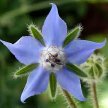 |
Cucumber-like, slightly sweet | Salads, cocktails, garnishes | 1. Farmer’s markets 2. Organic food stores 3. Online: West Coast Seeds |
| Calendula | 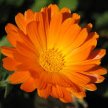 |
Slightly spicy, tangy | Salads, soups, herbal infusions | 1. Health food stores 2. Online: Richters 3. Local farmer’s markets |
| Chamomile |  |
Apple-like, slightly bitter | Tea, desserts, cocktails | 1. Health food stores 2. Online: BulbsDirect |
| Chive | 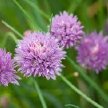 |
Mild onion flavor | Salads, soups, garnishes | 1. Supermarkets 2. Farmer’s markets 3. Local nurseries |
| Dandelion |  |
Honey-like, slightly bitter | Salads, fritters, wine | 1. Backyards (for foraging) 2. Organic food stores 3. Farmer’s markets |
| Elderflower |  |
Floral, fruity | Cordials, desserts, syrups | 1. Specialty liquor stores 2. Online: Bramble Berry Farm 3. Farmer’s markets |
| Hibiscus | 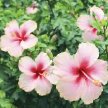 |
Tart, cranberry-like | Tea, syrups, cocktails | 1. Health food stores 2. Online: David’s Tea 3. Farmer’s markets |
| Lavender |  |
Floral, slightly sweet | Baking, desserts, tea | 1. Local farmer’s markets 2. Specialty grocery stores 3. Online: Canadian Lavender |
| Nasturtium | 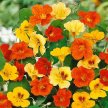 |
Peppery, slightly sweet | Salads, garnishes, savory dishes | 1. Gardening centers 2. Organic food stores 3. Online: Veseys Seeds |
| Rose |  |
Sweet, aromatic | Desserts, beverages, garnishes | 1. Florists 2. Organic food stores 3. Online: Roseology |
| Violet |  |
Sweet, floral | Desserts, salads, syrups | 1. Specialty grocery stores 2. Farmer’s markets 3. Online: West Coast Seeds |
| Zucchini |  |
Mild, squash-like | Stuffed, battered and fried, garnishes | 1. Farmer’s markets 2. Local farms 3. Specialty grocery stores |
Edible Flowers: A Guide to Flavours and Sources in Canada
Incorporating edible flowers into your culinary creations adds not only visual appeal but also unique flavours and aromas. From delicate floral notes to vibrant colours, edible flowers can elevate both sweet and savory dishes. Here’s a comprehensive guide to some commonly used edible flowers in Canada, along with their flavour profiles, uses, and buying guide.
| Flower Type | Image | Tastes like | Use For | Buying Source |
|---|---|---|---|---|
| Borage |  |
Cucumber-like, slightly sweet | Salads, cocktails, garnishes | 1. Farmer's markets 2. Organic food stores 3. Online: West Coast Seeds |
| Calendula |  |
Slightly spicy, tangy | Salads, soups, herbal infusions | 1. Health food stores 2. Online: Richters 3. Local farmer's markets |
| Chamomile |  |
Apple-like, slightly bitter | Tea, desserts, cocktails | 1. Health food stores 2. Online: BulbsDirect |
| Chive |  |
Mild onion flavor | Salads, soups, garnishes | 1. Supermarkets 2. Farmer's markets 3. Local nurseries |
| Dandelion |  |
Honey-like, slightly bitter | Salads, fritters, wine | 1. Backyards (for foraging) 2. Organic food stores 3. Farmer's markets |
| Elderflower |  |
Floral, fruity | Cordials, desserts, syrups | 1. Specialty liquor stores 2. Online: Bramble Berry Farm 3. Farmer's markets |
| Hibiscus |  |
Tart, cranberry-like | Tea, syrups, cocktails | 1. Health food stores 2. Online: David's Tea 3. Farmer's markets |
| Lavender |  |
Floral, slightly sweet | Baking, desserts, tea | 1. Local farmer's markets 2. Specialty grocery stores 3. Online: Canadian Lavender |
| Nasturtium |  |
Peppery, slightly sweet | Salads, garnishes, savory dishes | 1. Gardening centers 2. Organic food stores 3. Online: Veseys Seeds |
| Rose |  |
Sweet, aromatic | Desserts, beverages, garnishes | 1. Florists 2. Organic food stores 3. Online: Roseology |
| Violet |  |
Sweet, floral | Desserts, salads, syrups | 1. Specialty grocery stores 2. Farmer's markets 3. Online: West Coast Seeds |
| Zucchini |  |
Mild, squash-like | Stuffed, battered and fried, garnishes | 1. Farmer's markets 2. Local farms 3. Specialty grocery stores |
-
Sale!

Dinner Plates – Japanese Minimalism
$28.00Original price was: $28.00.$18.00Current price is: $18.00. Add to cart -
Sale!

Round Table Anti Slip Mats – Modern Home
$14.70Original price was: $14.70.$9.90Current price is: $9.90. Add to cart -

Pendant LED Spotlight Lamp – Modern Minimalism
$123.00 Add to cart -
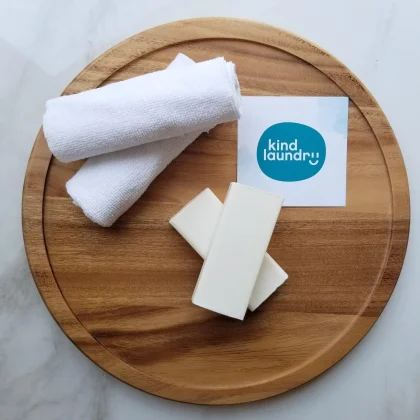
Stain Remover Bars – Set of 3 by Kind Laundry
Buy Here

Cute Jewelry Ideas for Any Occasion
From fine jewelry reserved for special occasions to fashion jewelry they can wear every day, there’s a perfect piece out there for everyone on your list, and we’re here to help you find it.

Everything You Need to Know About CBD Skincare
Cannabidiol (CBD) is everywhere these days — from snacks and sweets to bottled water, coffee, and tea.

Visit the Gucci Museum in Florence, Italy
Including contemporary art installations in the galleries, the inaugural exhibition is a video installation by artist Bill Viola, to close in January.

